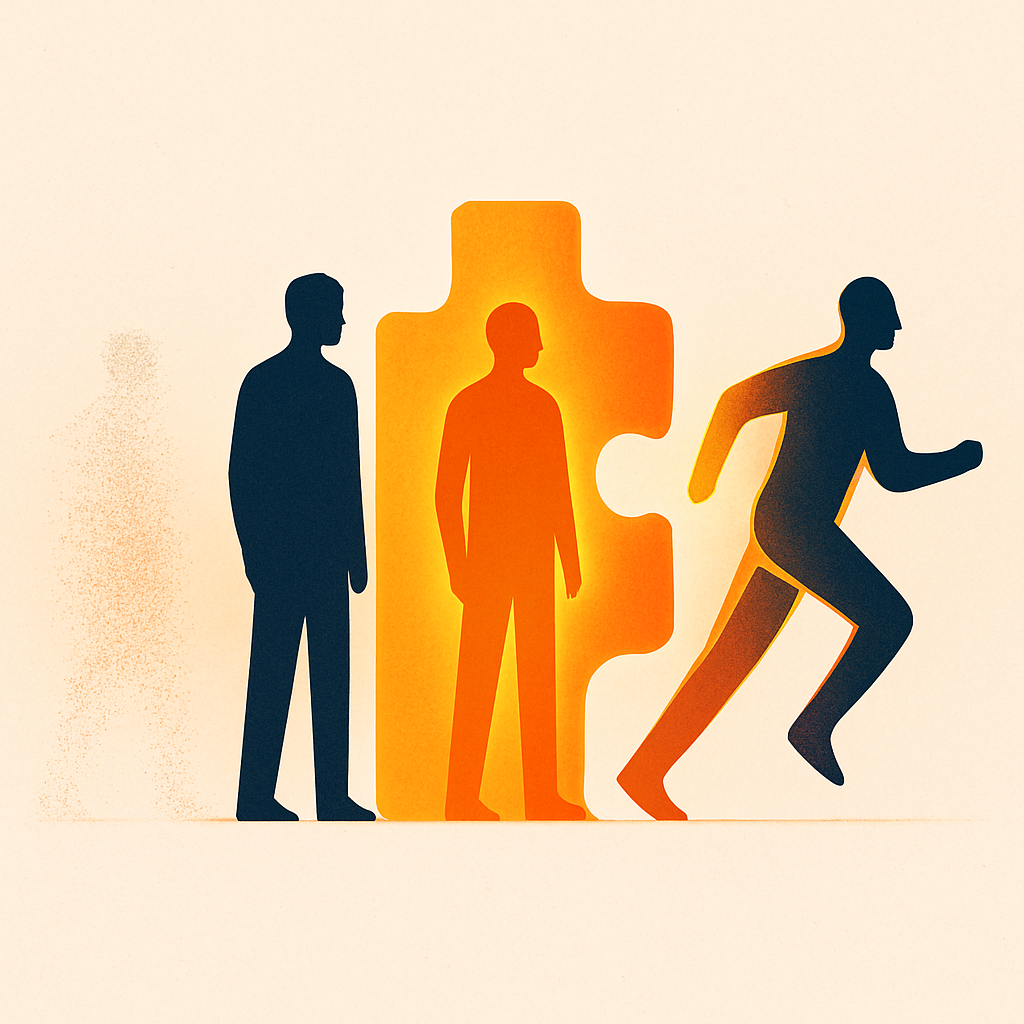The Future of Work: Navigating the Evolving Landscape
Welcome to Tomorrow's Workforce: A Glimpse into the Future of Work
The world of work is undergoing a profound transformation. Automation, artificial intelligence, and shifting economic landscapes are reshaping industries and redefining job roles at an unprecedented pace. For HR professionals, this presents both significant challenges and exciting opportunities. The World Economic Forum's latest insights highlight a stark reality: a significant portion of existing roles will vanish, others will evolve dramatically, and entirely new positions will emerge. Understanding these shifts is crucial for adapting and thriving in this dynamic future.
The Shifting Sands of Employment: 1/3 Vanish, 1/3 Change, 1/3 New
The World Economic Forum's Future of Jobs Report 2025 paints a clear picture of the impending changes in the global labour market. Their analysis indicates that by 2030, structural labour-market transformation will impact 22% of today’s total jobs. This isn't just about job losses; it's a complex interplay of displacement and creation. Specifically, the report anticipates the creation of new jobs equivalent to 14% of today’s total employment, amounting to 170 million new roles. However, this growth will be offset by the displacement of 8% (or 92 million) of current jobs, resulting in a net growth of 7% of total employment, or 78 million jobs [1].
This data can be broadly interpreted as:
1/3 of roles will vanish: These are primarily routine, repetitive tasks susceptible to automation. The report specifically highlights clerical and secretarial workers, including cashiers, ticket clerks, administrative assistants, and data entry clerks, as roles expected to see the largest decline in absolute numbers.
1/3 of roles will change: Many existing jobs will require significantly different skill sets. The report notes that, on average, workers can expect two-fifths (39%) of their existing skills to be transformed or become outdated between 2025 and 2030. This necessitates continuous upskilling and reskilling to remain relevant.
1/3 of roles will be new: Emerging technologies and evolving societal needs will drive the creation of entirely new job categories. Fastest-growing roles include Big Data Specialists, Fintech Engineers, AI and Machine Learning Specialists, Software and Application Developers, and roles related to green and energy transition like Autonomous and Electric Vehicle Specialists and Renewable Energy Engineers.
This tripartite shift underscores the urgent need for organisations to proactively manage their talent pipelines and for individuals to embrace lifelong learning.
Implications for HR and Individuals: A Call to Action
For HR professionals, this evolving landscape presents a critical challenge: how do you ensure your workforce is equipped for the future? The traditional approach of hiring for specific, static roles is no longer sustainable. Instead, the focus must shift to identifying transferable skills, fostering continuous learning, and building agile talent pools.
For HR Leaders:
Strategic Workforce Planning: Proactively identify skills gaps and anticipate future talent needs. This requires a deep understanding of emerging technologies and market trends.
Reskilling and Upskilling Initiatives: Invest in programmes that empower your existing workforce to acquire new skills and adapt to changing job requirements. This is not just about training; it's about fostering a culture of continuous learning.
Internal Mobility: Encourage and facilitate internal movement. When roles change or new ones emerge, prioritise developing and deploying your current employees, rather than always looking externally.
Bias-Free Talent Management: Ensure your talent identification and deployment processes are equitable and transparent. This is where technology can play a crucial role in eliminating human bias.
For Individuals:
Embrace Lifelong Learning: The days of a static career path are over. Continuously seek opportunities to learn new skills, especially in areas like AI, data analytics, and cybersecurity, as well as critical human skills like creative thinking and adaptability.
Focus on Transferable Skills: Identify the core competencies you possess that can be applied across different roles and industries. Communication, problem-solving, and critical thinking will always be in demand.
Be Adaptable and Resilient: The future of work will be characterised by constant change. Cultivate a mindset that embraces uncertainty and views change as an opportunity for growth.
This transformation isn't just about technology; it's about people. It's about ensuring that as roles evolve, individuals are empowered to grow and contribute meaningfully.
Embracing the Future: A Collective Journey
The future of work is not a distant concept; it's here, and it's evolving rapidly. While the statistics from the World Economic Forum may seem daunting, they also present an unprecedented opportunity for HR to lead the charge in shaping a more dynamic, skilled, and equitable workforce. By embracing innovative approaches and fostering a culture of continuous learning and adaptability, organisations and individuals can confidently navigate these changes, ensuring that both businesses and people thrive in the years to come. Let's build the future of work, together.
References
[1] World Economic Forum. (2025). The Future of Jobs Report 2025. Retrieved from https://www.weforum.org/publications/the-future-of-jobs-report-2025/digest/

